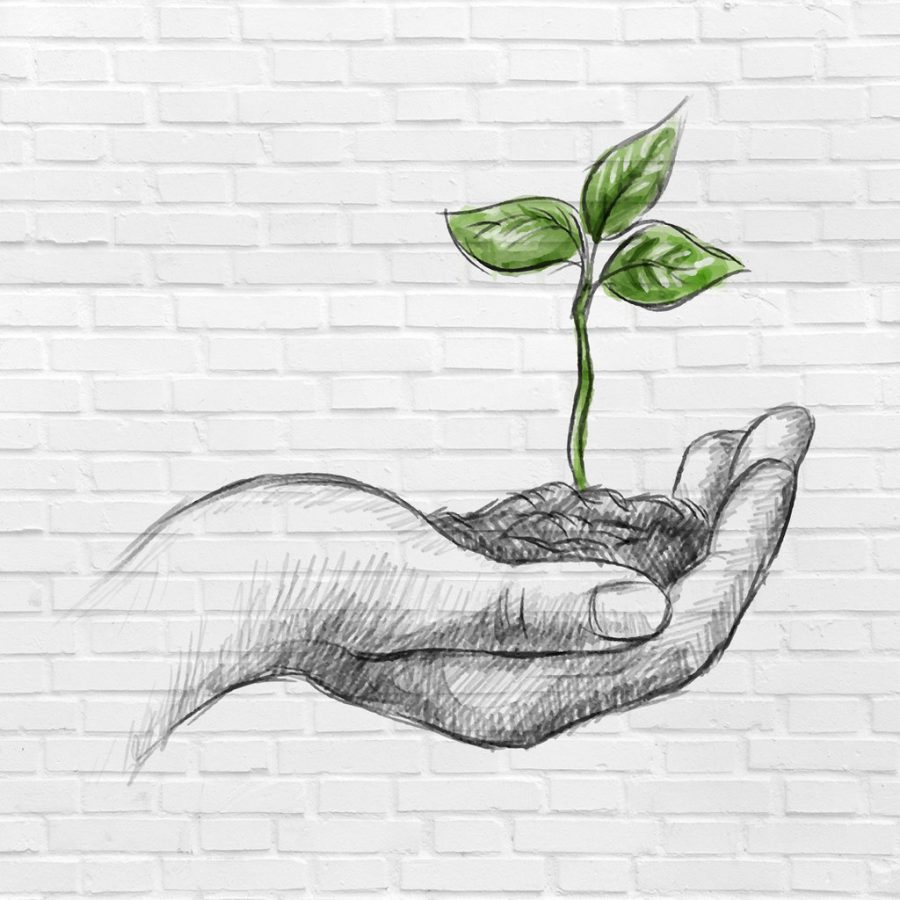COVID-19 is having mixed ecological consequences
The international and domestic effects of the coronavirus on the environment
The coronavirus pandemic has redefined the American normal. Since its geographic explosion in early March, it has forced us to halt our daily activities and completely alter our lifestyles.
Ironically, a radical alteration of our lifestyles is part of what climate scientists and activists around the world have been calling for in the last few years. It’s far from the ideal situation – a global health crisis is not the solution to the climate crisis – but it is having a pretty significant effect.
The good
According to The Boston Globe, here has been an unprecedented decrease in air pollutants in Boston compared to the two-week period preceding this one. Total carbon dioxide emissions have dropped by about 15 percent. More specifically, scientists have recorded a 30 percent drop in emission from vehicles like cars, trucks, and planes.
This corresponds with a 20 percent decrease in the dangerous particulate matter that accompanies fuel exhaust and some industrial production methods. These particles kill millions more than the coronavirus has to date; 40,708 compared to a staggering 7 million.
Similar effects have been witnessed across the world. According to an analysis provided by Carbon Brief, China’s CO2 emission dropped 25 percent as the coal and fossil fuel burning plummeted to accommodate the effects of the coronavirus. This drop occurred during the days preceding and following the Chinese New Year (which was January 25th), and accounts for about 1 percent of annual global emissions.
These stunning developments have come about relatively simple societal shifts. As people are staying home, there are far fewer vehicles on the road. Plus, the brief reduction in emissions by industrial powers in some countries has had a significant impact. All of these impacts have occurred in a relatively short period of time.
And yet magnitude does not guarantee a long lasting impact. Only the permanent adherence to new practices will lead to change. And there has been no proof of pursuing a more eco-friendly agenda to follow the headstart we’ve achieved. Quite, the contrary in fact.
The bad
Chinese emissions have returned to normal since COVID-19 first hit the Wuhan province. That 25 percent decrease for January is no longer relevant. The government has been incredibly efficient in stimulating the economy, and is, as usual, ignoring the ecological consequences.
In fact, when the Communist Party Central Committee convened at the end of March to outline what Carbon Brief called “social and economic development targets”, “no mention was made of the climate or environmental aspects of any stimulus measures.” Considering that China is several weeks ahead of the US on their pandemic timeline, there is no reason to believe we won’t also see a return to normal pollution levels soon enough.
And the ugly
On a similar note, in the US, the Trump administration has continued its trend by further easing EPA policies relating to the pollution and degradation of the natural environment. CBS News reported the president of the Natural Resource Defense Council calling the administration’s latest rollbacks, “An open license to pollute”.
What exactly does the newest change allow? According to a memorandum (click here to view) issued by the EPA, “For noncompliance that occurs during the period of time that this temporary policy is in effect, and that results from the COVID-19 pandemic, this policy will apply to such noncompliance in lieu of an otherwise applicable EPA enforcement response policy.”
Basically, the EPA will not be enforcing the usual consequences for failure to abide by their restrictions, as long as the failure occurred because of the extreme situation caused by the coronavirus.
There will be no punishment inflicted for polluting air or otherwise disregarding EPA regulations as long as an applicable explanation is provided.
And unlike other coronavirus related policies put in place by the federal and state governments, this one does not terminate. No discrete end date has been issued, implying that it could affect us long after social distancing policies have fallen by the wayside.
So the consequences of COVID-19 on earth’s future have been all over the map. But perhaps there is a silver lining here.
“It’s so good to hear that something positive is happening in the midst of all this [chaos],” said Gloucester High School student Tessa Bushfield, “Seeing that difference made in such a short time shows what we could do in the long term if we made an effort.”

Mila Barry is in her fourth year at Gloucester High School, and her third year on the Gillnetter staff. Outside of writing for the newspaper, she’s...







































